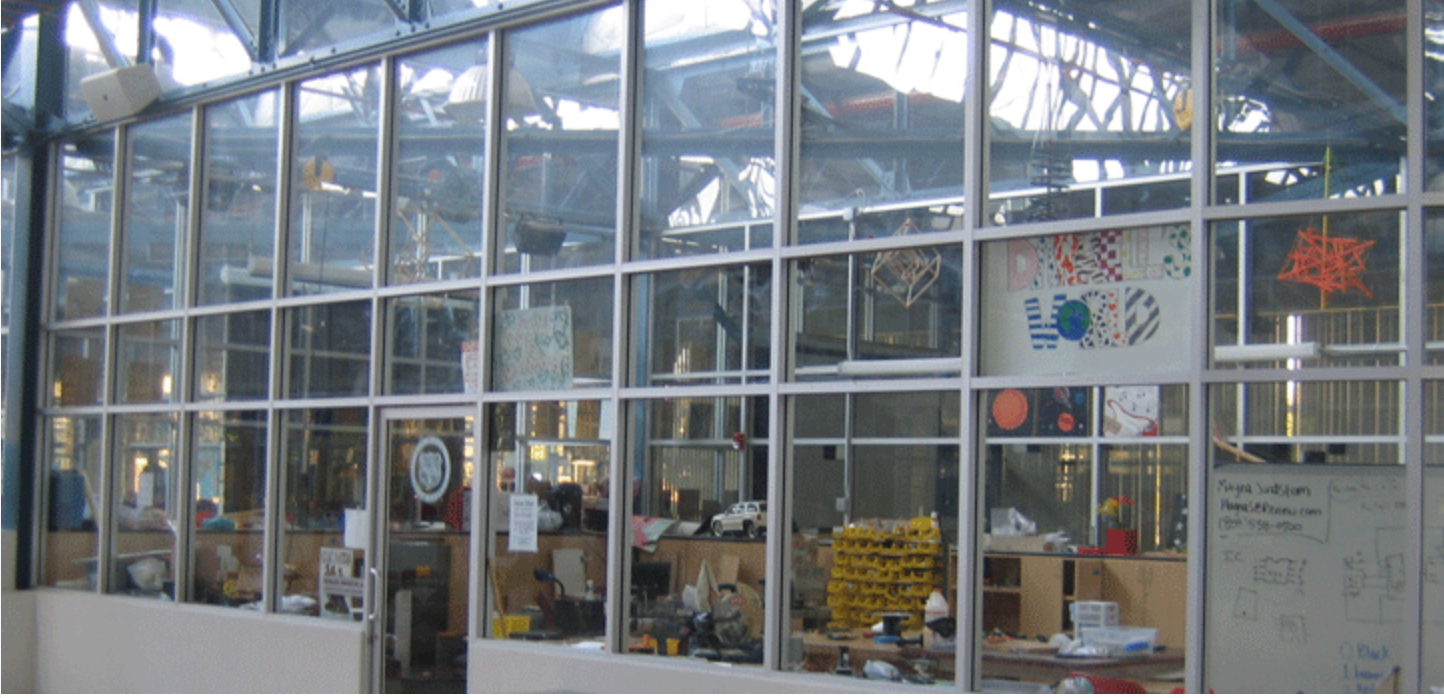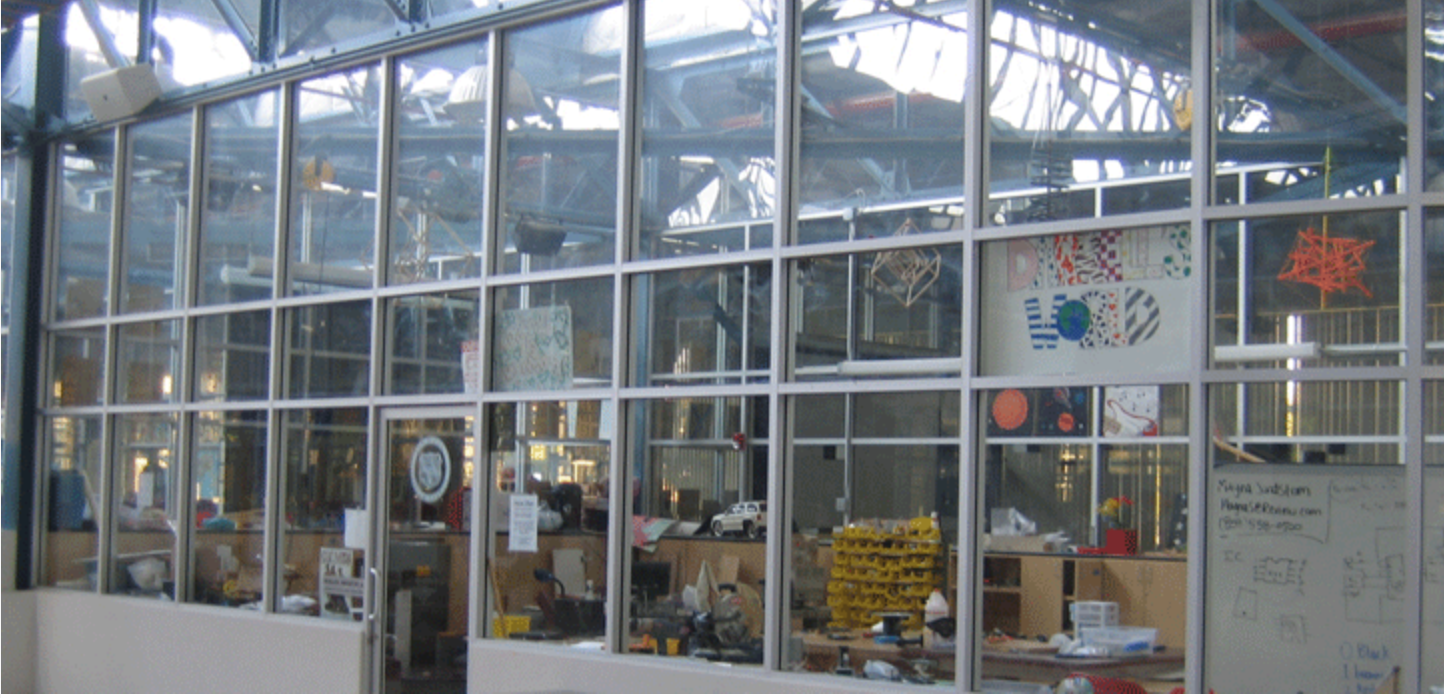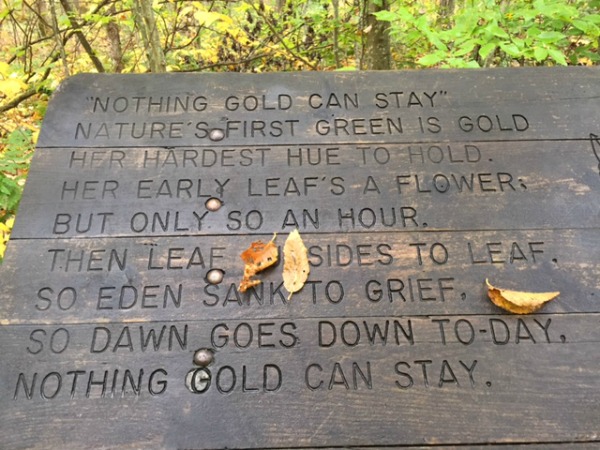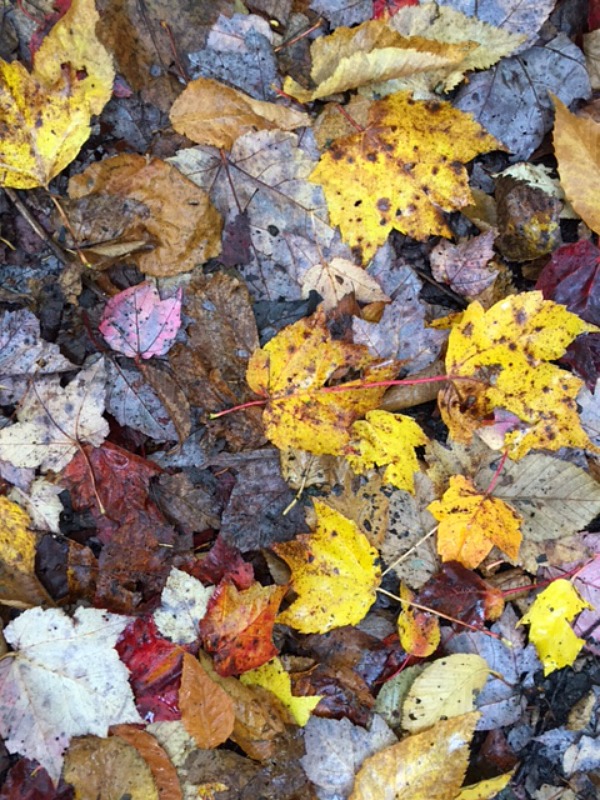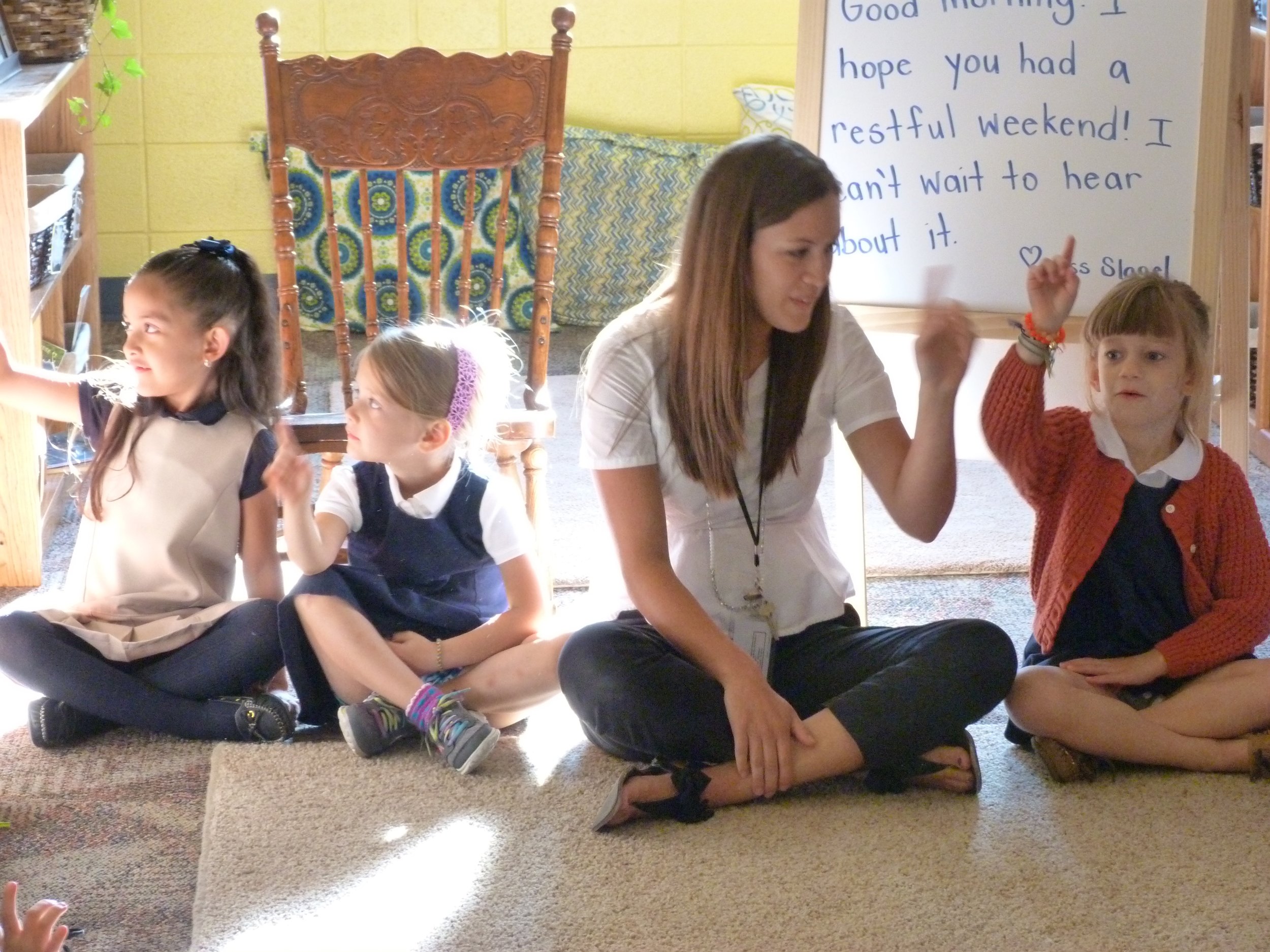 Compare this New York Times Op Ed by Claire Cain Miller with the David Brooks column from the NYT on October 16 and you have a good spectrum on the importance of BOTH cognitive learning and social skills development.
Compare this New York Times Op Ed by Claire Cain Miller with the David Brooks column from the NYT on October 16 and you have a good spectrum on the importance of BOTH cognitive learning and social skills development.
Miller quotes Michael Horn, co-founder of the Clayton Christensen Institute, where he studies education: “Machines are automating a whole bunch of these things, so having the softer skills, knowing the human touch and how to complement technology, is critical, and our education system is not set up for that.”
Miller goes on to cite David Deming, associate professor of education and economics at Harvard University and author of a new study
Preschool classrooms look a lot like the modern work world. Children move from art projects to science experiments to the playground in small groups, and their most important skills are sharing and negotiating with others. But that soon ends, replaced by lecture-style teaching of hard skills, with less peer interaction.
Work, meanwhile, has become more like preschool.
Jobs that require both socializing and thinking, especially mathematically, have fared best in employment and pay.
Miller's article includes a fascinating interactive graphic grid that shows the jobs that have grown most consistently in the last two decades have been those that require high math skills and high social skills.
Again, I come to the same point I made in my comments on Mr. Brooks column, we need to create schools that extend what most pre-schools do well into the realm of cognitive learning; to impart knowledge AND to develop life skills.
* The image included was taken at Indianapolis Public School Butler University Laboratory School in September, 2015.



